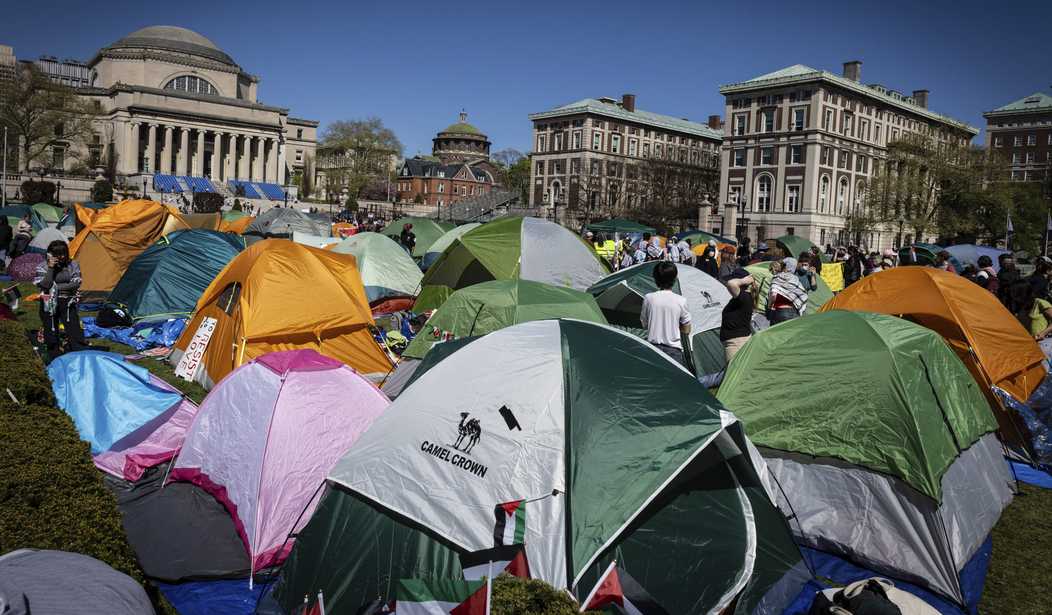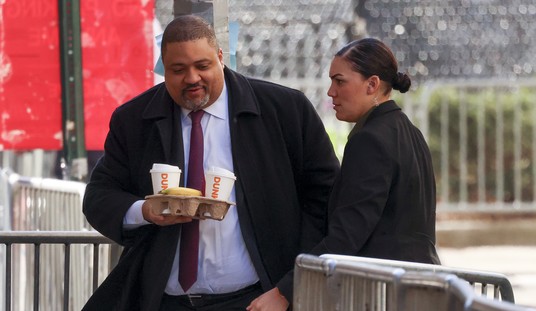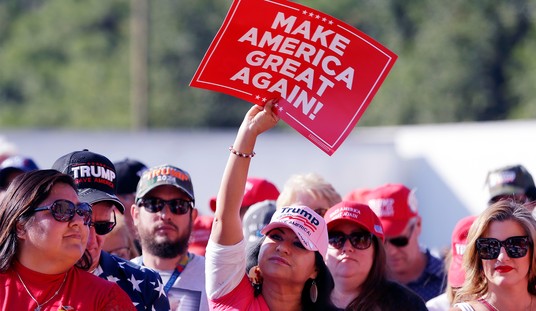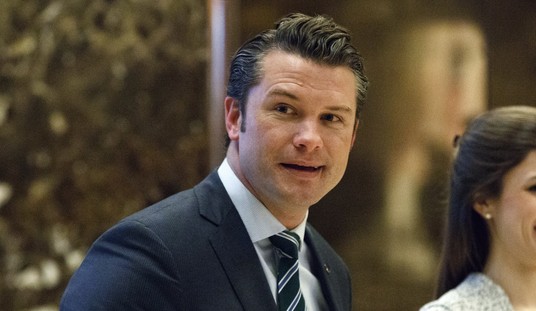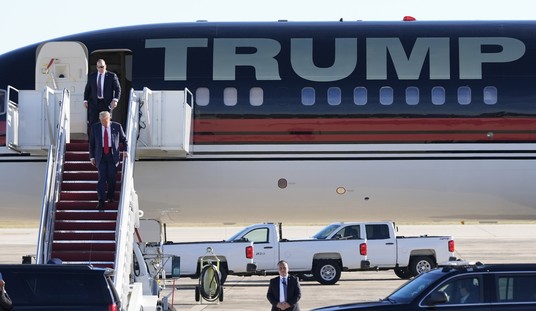Many college and university students head back to classes this week. With their return, the starting gun has gone off for another round of anti-Israeli "protest theater."
Schools were caught flat-footed last year and were forced to adopt outdated and haphazard guidelines for "expressive activity." Those policies more often than not got the schools in trouble with one group or another.
Over the summer, many schools formalized their policies on expressive activity, and the results have been mixed. Many students dislike them, and some hysterical faculty members say it's the "end of free speech" on campus.
Indeed, if the Indiana University guidelines are a guide to other schools, the guidelines are far too specific for what is or isn't allowed.
The new IU policy permits:
...a wide range of activities, including peaceful protesting, making speeches, and carrying signs, while requiring prior approval for placing "structures'" or "signs or symbols" on university property. Unless connected to an official event, no camping will be allowed nor will excessively loud music. Only water-soluble paints can be used for putting slogans on bridges and other campus structures.
Some complaints reflect the fact that a committee wrote them and the guidelines are necessarily vague and lack depth. Even with a host of revisions, 3 of 9 trustees voted against it.
"Schools need to reach a balance between the right of students to an education and the rights of other students to protest," William Jacobson, Cornell Law professor and founder of equalprotect.org, told Fox News Digital.
This would be fine as long as both sides of the debate accepted the good, old-fashioned American idea of compromise. Unfortunately, the anti-Israel side of the debate is not interested in "compromise." Instead, "many of the groups have gone from calling for demonstrations and encampments to condoning the use of violence and 'the total eradication of Western civilization,'" according to the Times of Israel.
The activist faculty members who joined the students in encampments last year reject any attempt to bring order to chaos. In a statement, the American Association of University Professors condemned "overly restrictive policies."
"Our colleges and universities should encourage, not suppress, open and vigorous dialogue and debate even on the most deeply held beliefs," the statement read, adding that "many policies were imposed without faculty input." Thank god for that.
"A lot of these things are trying to deal with the abuses that took place," Jacobson told Fox News Digital.
"A lot of what is going on is not actually free expression, it’s intimidation. When you use a bullhorn inside a building, you’re not doing it to express yourself, you’re doing it to intimidate other people," he said. "People who are complaining about these rules, for the most part, are people who want to intimidate others."
Exactly. Or suppress the speech of others who oppose them. And try as they might, schools looking to be a "neutral judge" in the protests (and some don't try very hard at all) rarely succeed in that endeavor.
Like policies that will be adopted at other schools this fall, IU’s new “expressive activity” rules strive to be neutral about what is being expressed. However, for a long time now, colleges and universities have been establishing policies and practices that curtail the expression of views deemed objectionable while giving free rein to others. (At IU, some of the most vociferous supporters of the Dunn Meadow protests had recently tried to shut down pro-Israel speakers with whom they disagreed.) New regulations on speakers and protesters, at IU or elsewhere, will do little to change that and may wind up giving legal cover to what should not be said at all.
The schools don't have to favor the "Student Intifada," as it's becoming known, to give them an advantage.
"One pattern we see is that there is often a lot of what I would term ‘cry-bullying’. [Anti-Israel protesters] intimidate people, they bully people, they create hostile environments. [But] the second that anyone says, ‘You can’t do that,’ they cry like their rights are being infringed upon," Jacobson said.
"They want an exception to rules that everyone else has to follow. I think that’s what’s driving this: cry-bullies that think they don’t have to live by the rules that other people have to live by," he said.
Right out of Saul Alinsky's "Rules for Radicals."



